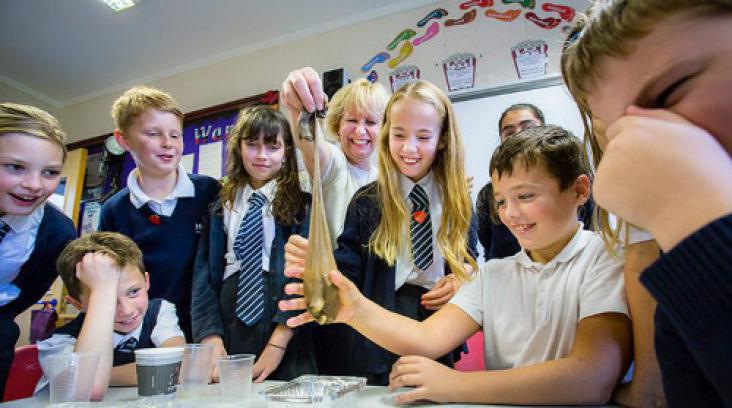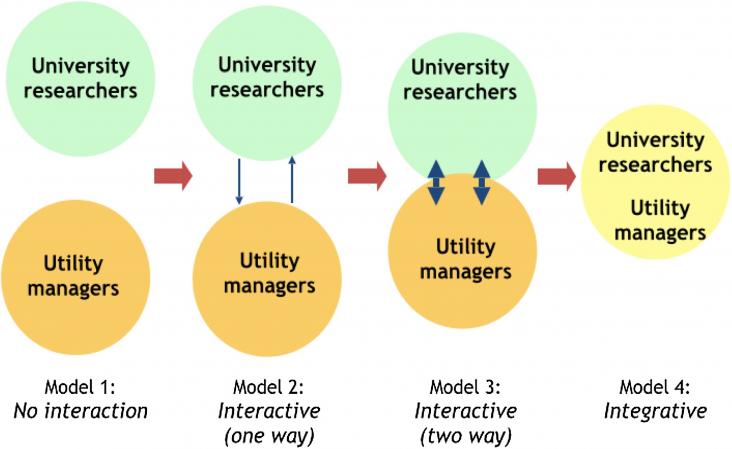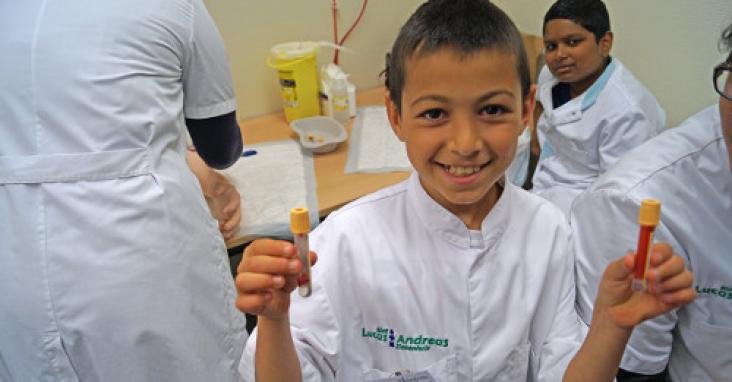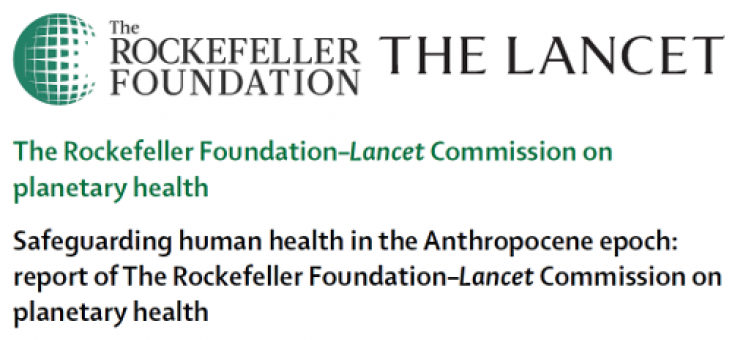
The Elsevier Foundation partners with Imperial College London to support a high-tech makerspace next to the college. The programme offers 14 to 18 year-olds from one of London's most disadvanataged communities the opportunity to enhance soft skills and engage with cutting-edge science, engineering and design through workshops, afterscool clubs, and mentoring. The maker challange programmes offer important enrichment to young people, who would not otherwise have this explosure, and further support both SDG 4 and SDG 17.
Linking to Goal 17, this handbook examines practical aspects and conceptual issues of international organizations and their relationship with nation-states and international authority.

In the face of intensifying stresses such as climate change, rapid urban population growth, land use change, and public concern with rates and use restrictions, water management is becoming increasing
Despite a significant increase in research and practise linking corporate social responsibility (CSR) and human resource management (HRM), a comprehensive examination of the relationship between th

The Elsevier Foundation partners with the IMC WeekendSchool in Amsterdam to supporting tech outreach through science, health and tech enrichment programs for under-served 10-14 years old. Aligning with SDG target 10, Quality Education, the partnership aims to help children get greater exposure to science education.
At the UN in New York the Open Working Group created by the UN General Assembly proposed a set of global Sustainable Development Goals (SDGs) which comprises 17 goals and 169 targets.
Sustainability transitions have been studied as complex multi-level processes, but we still know relatively little about how they can be effectively governed, especially in transnational domains.

Human health is better now than at any time in history, but these gains have come at a high price: the degradation of nature’s ecological systems on a scale never seen in human history. A growing body of evidence shows that the health of humanity is intrinsically linked to the health of the environment, but by its actions humanity now threatens to destabilise the Earth’s key life-support systems. As a Commission, we conclude that the continuing degradation of natural systems threatens to reverse the health gains seen over the last century. The SDGs provide a great opportunity to integrate health and sustainability through the judicious selection of relevant indicators relevant to human wellbeing, the enabling infrastructure for development, and the supporting natural systems, together with the need for strong governance.
Serious questions remain about the ability of NGOs to meet long-term transformative goals in their work for development and social justice.
This chapter supports Goal 2 (zero hunger) and Goal 17 (partnership for the goals) through its study of the role the private sector plays in agricultural development.
